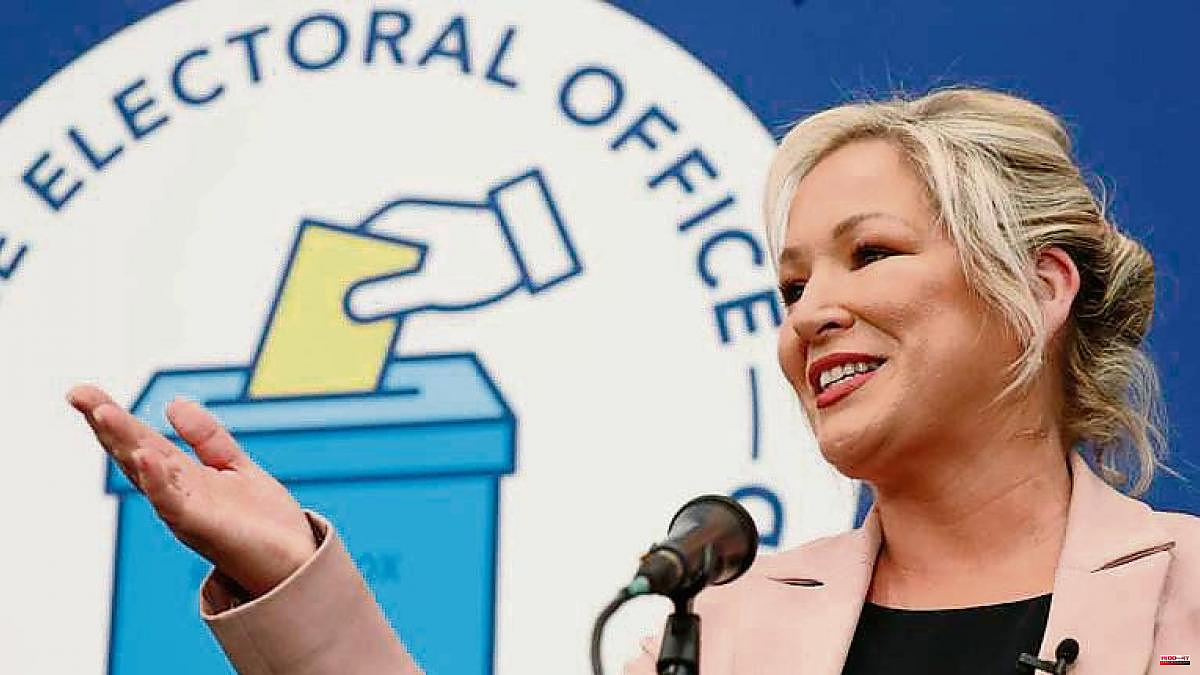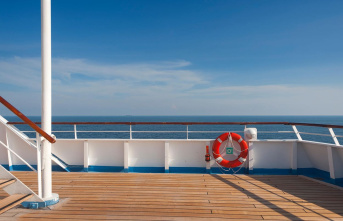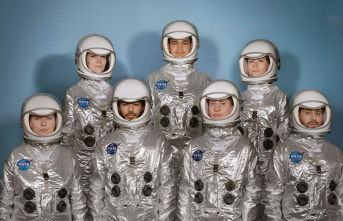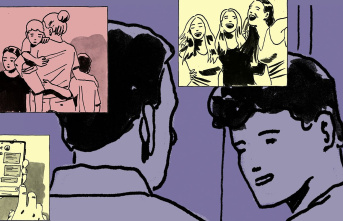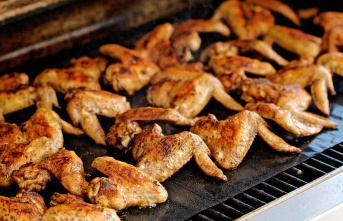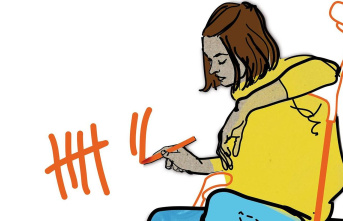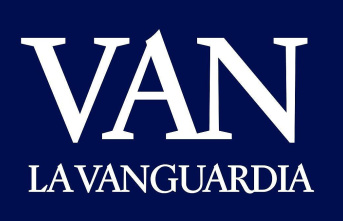What the IRA did not achieve with bombs and shots may come as a rebound to Brexit, demographic change and the need for policies that ensure a better life for the people. While Emmanuel Macron is proposing a European Political Community that expands the borders and powers of the current European Union, the Europeanism of the facts has sided with Sinn Féin, a party that has won elections and seats in Northern Ireland, a territory that has been part of the United Kingdom for a hundred years, when, after a war against the British, the Irish Free State was formed, which later gave rise to the current Republic of Ireland. The Anglo-Irish Treaty of 1921 left six of the nine counties of Ulster under the sovereignty of London, a compromise that provoked the 1922-1923 civil war between Irish nationalists, a conflict whose imprint has marked politics for decades. on both sides of the island.
In 1993, before the Good Friday Peace Agreement of 1998, Canadian professor and politician Michael Ignatieff traveled to Ulster and summed up his impressions: "Two nation-states claim the same province. Nine hundred thousand Protestants or descendants of Protestants want to remain British. Six hundred thousand Catholics or descendants of Catholics want, for the most part, though not always, to be Irish. Since one desire can only be achieved on the other, it is not surprising that the end result is an endless conflict. "
Leaders of the Democratic Unionist Party (DUP), now losing at the polls, are outraged and are denouncing the Northern Ireland protocol signed by London and Brussels along with the Brexit deal. For the time being, they have decided to block the constitution of the autonomous government, which has an institutional architecture that requires the collaboration of the two main formations to ensure consensus between Catholics or Republicans and Protestants or Unionists. We'll see if Boris Johnson pulls the strings and confronts the European authorities, seeking to feed the support of his bases. At the heart of this issue is the perception of unionist politicians, who feel betrayed by Brexit negotiators. From afar comes the feeling that they have been left alone holding the flag. Ignatieff writes that "the loyalists (unionists) bitterly point out the curious disparity between the signs of nationalist sentiment when Argentina invaded the 'British sovereign territory' in the Falklands in the face of their indifference to Ulster. The island would get rid of Ulster if it could. "
The great paradox that these elections show us is that Irish nationalists win with a post-nationalist discourse (focused on welfare policies) and end up being left exclusively in the field of moderation (with a candidate far removed from the old harsh stereotypes of the party who was the political arm of the IRA). Meanwhile, the unionists - fragmented and obsessed with Brexit - are losing support and are seen as the old policy. If we add to this the fact that birth rates favor Catholics, we have an unprecedented scenario.
In the main newspaper of the republic, The Irish Times, I read an article whose main thesis is that the old Northern Ireland is dead, but the new cannot be born. Something changes but subtly, slowly. Michelle O’Neill has connected with many voters, who are more concerned about unemployment, school and transportation than borders. And I add a fact: for a large majority (of all affiliations), social progress is linked to being part of the EU. Sinn Féin's Europeanism is a guarantee.
Gone are the verses of Bobby Sands, an IRA militant who died in 1981 on hunger strike, written in Maze Prison: "On others' wounds we don't sleep / For all men's blood is red." Life is better in Ulster today than when violence took to the streets. However, anyone familiar with Irish nationalism knows that its unalterable historical goal is the unification of the island. The issue was not mentioned in the campaign, but it is on the table, although it is not easy or immediate. The optimistic view sees the back door of the EU as the only way to reshape - at the right pace - the complex landscape of identities and sovereignty that Northern Ireland is today.
4

